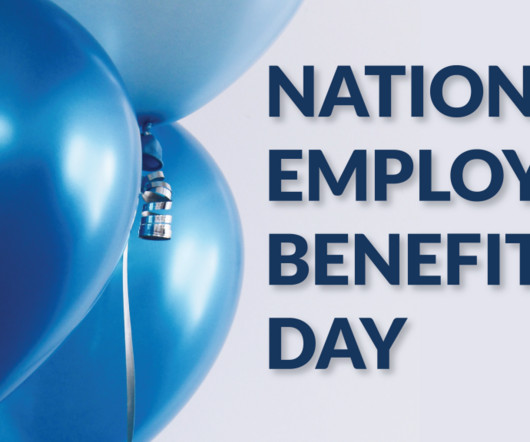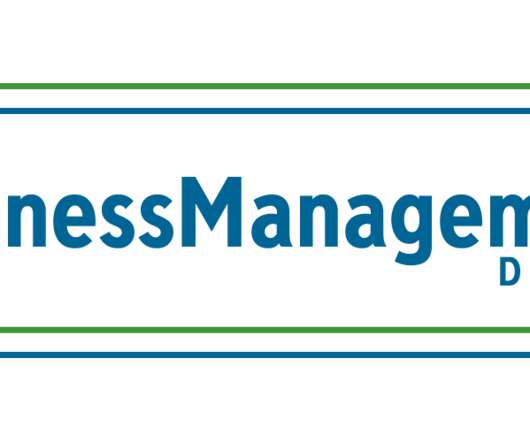Identifying the “Perks” on National Employee Benefits Day
Benefit Resource Inc.
APRIL 6, 2023
In honor of National Employee Benefits Day, here are some of the often overlooked benefit options employers can use to “sweeten the pot” to attract new talent and retain existing talent. These eight benefits provide an opportunity for over $30,000 of increased value to employees each year.*












Let's personalize your content